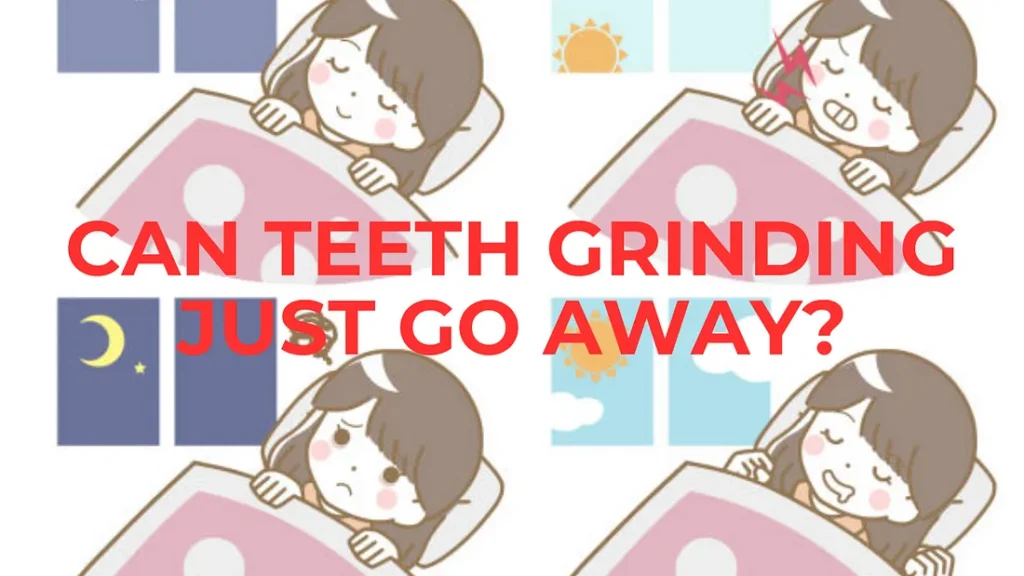Book Appointment Now
Psychology Of Bruxism: When You Should Be Worried About Your Teeth Grinding?

Hey guys, today I’d like to answer the question of when you should be worried about your teeth grinding. When should you really feel that enough is enough? Some people grind their teeth, but it’s not a problem for them because they just grind mildly.
Even for me, sometimes I grind when there’s a bit of stress in my life. I just grind, but I’m aware and can stop it. That’s the key — I can stop it. Let’s say I’m grinding and my sister tells me, “Hey, you’re grinding,” and then I stop. It just happens for a few seconds, like 2 seconds, and I also don’t grind at night. So, some people grind mildly to the point where it is not a problem and, of course, they’re not damaging their teeth.
You should really get worried about your grinding when you wake up in the morning and feel that your jaw is aching, you’re breaking your teeth, it’s uncontrollable, and you’re not even aware you’re doing it. For instance, if you’re sleeping with someone and that person tells you, “Hey, you’re grinding your teeth at night,” and you’re not even aware of it.
Or when you end up grinding a lot during the day and you can’t stop it. You’re even aware you’re doing it but just can’t stop. That’s the point where you really need to be worried about it — not worried like “scared, my life is over,” but worried enough to start taking action.
When you feel that you’re damaging your teeth, like knowing the consequence of your grinding, you should be concerned. For example, if you’re now drinking four bottles a day and realize it’s too much because you’re running away from something, that’s when you should be worried about it. The best place to be is worrying about it and then taking action.
Taking action means recognizing that something has happened in your life causing you to grind more. When you look at it, you may realize that you were grinding before, but it was not a big deal, and now it’s getting intense.
You need to look at what caused this mild bruxism to become chronic. That is where your solution lies. Yes, taking preventive measures like wearing a night guard is very okay, but to be really okay, you need to look at what led to this shift from mild to chronic.
You may realize that you’re undergoing a lot of stress and not dealing with it or finding a healthy channel to get rid of it. If you can find a way to manage this stress, the intensity of the grinding will go down. It doesn’t mean that you should just grin and bear it. If you can find healthy ways to release the stress, the better.
When the intensity goes high and there’s a shift from mild to chronic, that’s when you need to solve it. Don’t be too worried about it; just know that you need to take corrective action and improve the quality of your life. You’ll realize that as the stress goes down, so does the intensity of the bruxism.






